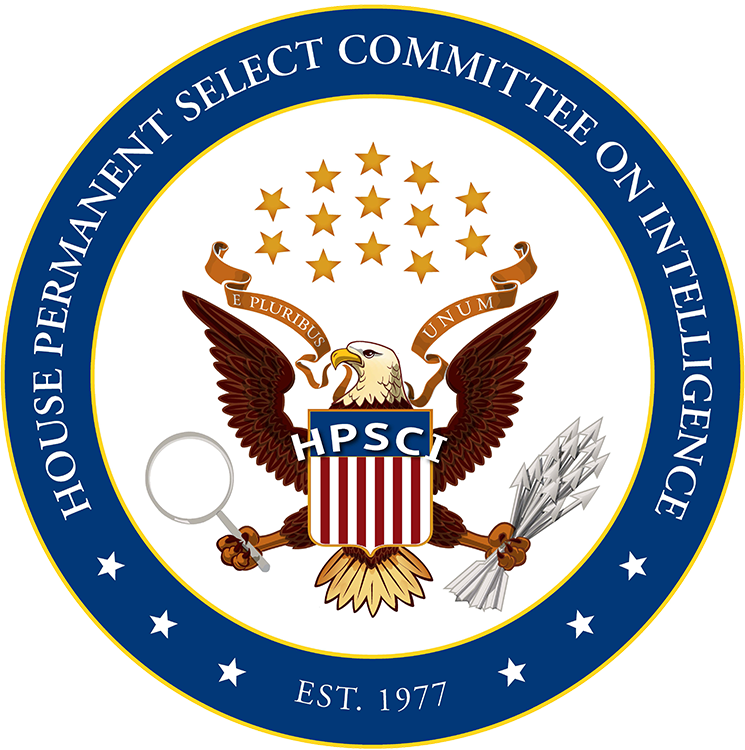Press Releases
House Intelligence Committee Passes Effort to Ensure Success of the U.S. Counterintelligence Mission in IAA
Washington,
September 24, 2025
WASHINGTON, D.C.— As part of the FY2026 Intelligence Authorization Act, which was passed by voice vote, the House Permanent Select Committee on Intelligence advanced Chairman Crawford’s counterintelligence (CI) reform effort, or SECURE Act. In its current construct, the counterintelligence mission is spread across numerous federal agencies, where no single agency leads or synchronizes efforts, allowing numerous threats to fall through the cracks. The SECURE Act replaces an ineffective bureaucratic office within the ODNI with an integrated whole of IC approach to mitigate the evolving threats to the U.S. homeland. The Scene Setter The Chinese Communist Party is operating police stations on American soil and pre-positioning cyberattacks on our critical infrastructure. The Iranian regime continues to plot targeted assassinations against U.S. officials. Foreign intelligence services are directing spies to steal our technology, conducting operations on U.S. soil, and sowing malign discord to sway public opinion. Our adversaries treat the American homeland as their own turf—not ours—because we have allowed them to for decades. The foreign threat landscape has exponentially worsened since the end of the Cold War. Yet, America’s CI strategy has failed to evolve and optimize at the scope and scale needed to strategically disable, disrupt, and neutralize foreign intelligence entities’ activities against the United States and to harden the homeland. The Problem As our enemies develop and deploy capabilities in the American homeland to strike at the times and places of their choosing, we continue to passively wait for “smoking gun” evidence of their work instead of taking proactive steps against these threats. We celebrate the arrest of spies who operated in the homeland for decades, causing unknown levels of harm, while our enemies run sophisticated operations that make Cold War-era threats appear negligible. The CI enterprise remains a patchwork of dispersed authorities where no single agency leads or synchronizes efforts, which allows foreign intelligence services to operate nearly undetected and undeterred within the United States. Furthermore, the current structure combines law enforcement and CI functions within the FBI, creating an inherently reactive system that fails to stop foreign adversaries. A law enforcement first—and often only—approach, which focuses largely on defining success as opening investigations and securing convictions, is insufficient in delivering strategic deterrence to those hostile powers. The Solution Chairman Crawford’s legislation will replace the ODNI’s ineffective National Counterintelligence and Security Center (NCSC) with an empowered National Counterintelligence Center (NCIC) that will serve as the primary lead of U.S. CI activities and execute a unified CI strategy across the IC. The NCIC would be responsible for deconflicting the activities of various federal entities, including the FBI, to ensure a unified approach to the CI enterprise. The U.S. must build the counterintelligence capability America needs now or leave our homeland vulnerable to adversaries who grow more sophisticated and aggressive each passing day. We must reconstruct and resource the U.S. counterintelligence system to cut through bureaucratic red tape and to secure our homeland against the unprecedented evolving threats. ### |
